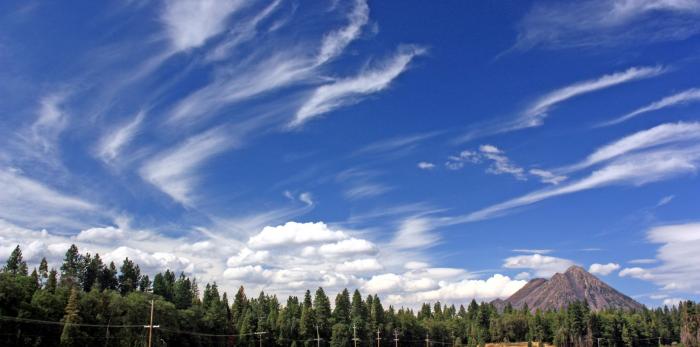Clouds, Chemistry, and Climate Change: Why Our Current Climate Is What It Is
The excess CO2 in our atmosphere will affect Earth’s climate for centuries to come, and we need to understand why. Dan Cziczo, Assoc. Professor of Atmospheric Chemistry, speaks at the Science for the Public Lecture Series as an expert on the crucial role of clouds in the dynamics of climate. He explains the vital relationship between clouds and climate, and the present options for reducing atmospheric CO2.
By Science for the Public Lecture Series
Science for the Public is a local grassroots nonprofit organization committed to improving public understanding of, and appreciation for, science. Visit the Science for the Public website for science information and for videos of other programs featuring outstanding scientists.
Their Spring 2018 Series will be hosted by EAPS.
Daniel Cziczo, Associate Professor of Atmospheric Chemistry, leads a research group interested in the interrelationship of particulate matter and cloud formation. His team utilizes laboratory and field studies to elucidate how small particles interact with water vapor to form droplets and ice crystals, which are important players in the Earth’s climate system.
Experiments include using small cloud chambers in the laboratory to mimic atmospheric conditions that lead to cloud formation and observing clouds in situ from remote mountaintop sites or through the use of research aircraft.
Current specific research interests include chemical composition of atmospheric aerosols with an emphasis on their effect on cloud formation mechanisms, Earth’s radiative budget, and meteoritic debris and launch vehicle emissions in the atmosphere.
Cziczo finds Science for the Public’s focus on adult STEM education a really appealing platform for outreach, so much so that, besides lecturing and featuring in videos explaining his work, he now serves on the group’s advisory board. To find out more or to volunteer your services as an expert presenter contact coordinator Yvonne Stapp.



